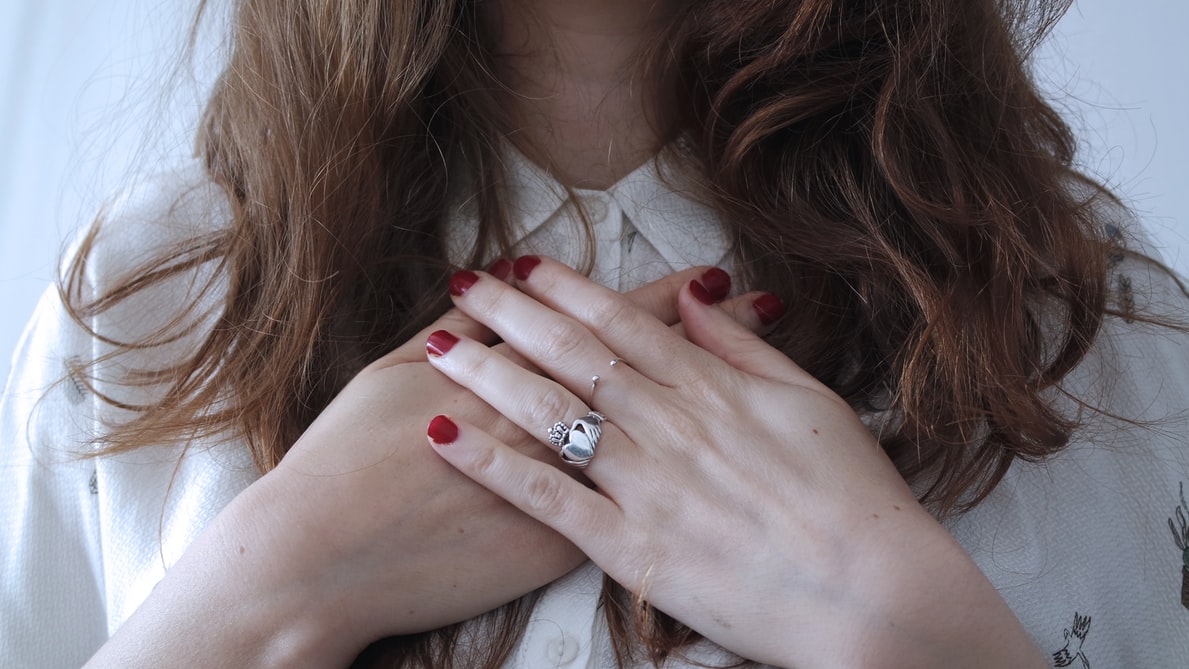
Women’s dissatisfaction with their breasts reduces breast cancer awareness, according to the findings of a survey held by researchers from Anglia Ruskin University. They found out that nearly half of women in the world admitted they wanted bigger breasts.
The largest ever study examining body image asked more than 18,000 women in 40 countries. The female participants are aged between 19 and 94 years old and were asked about their satisfaction with their breasts and bodies in general.
Results show that only a third of women like their breasts and 23 per cent are keen on having a smaller chest.
The survey revealed that the UK and US are among the most insecure nations. Three quarters of women in the UK and US were not satisfied with the size of their breasts, either wanting larger or smaller breasts than their own.
Meanwhile, 90 per cent of women in Japan and China wanted to change their breasts. In Columbia, more than half of women or 57 per cent are fine with their chest size.
Breast cancer
According to the survey’s results, women who admitted to not being content with their breast size were less likely to check them for cancerous lumps.
Responses reveal that they prefer to not look at them in the mirror or touch them due to embarrassment, so they are not likely to notice unusual changes.
The dissatisfaction of many women across the world with their breasts is a serious public health concern, according to lead researcher Professor Viren Swami.
Data shows that in Britain, more than 50,000 women are diagnosed with breast cancer every year. Moreover, one in eight women will develop the cancer at some point in their lives.
“Breast cancer is the leading cause of female cancer-related deaths worldwide and poor survival rates are associated with poorer breast awareness,” Professor Swami said. “Breast size dissatisfaction may result in avoidance behaviors that reduce breast awareness, particularly if a woman's breasts trigger feelings of anxiety, shame, or embarrassment.”






